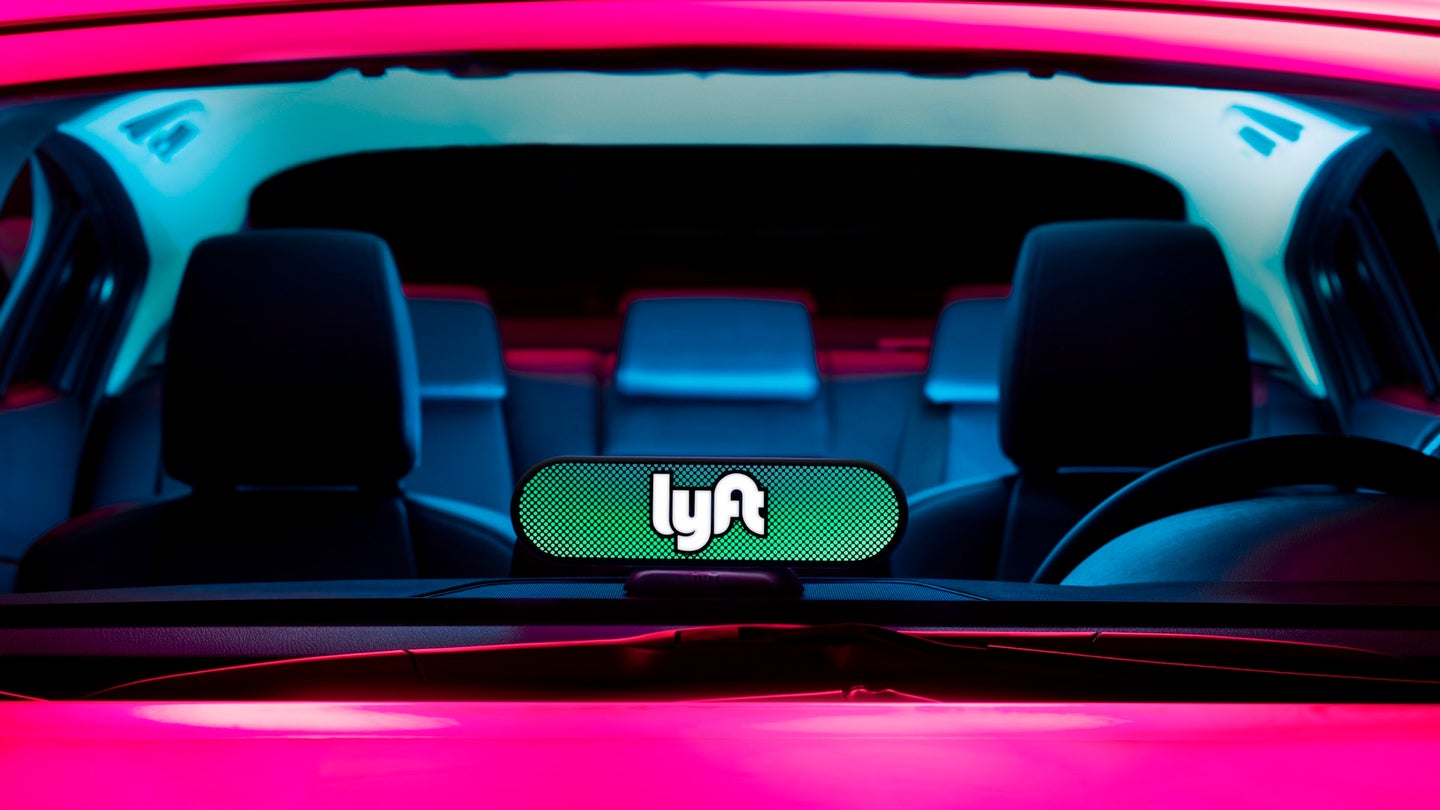Lyft Hires Uber’s Pricing Expert to Make Its Ride-Sharing Service More Efficient
The company wants to integrate ride-sharing with public transportation

Lyft has hired a notable executive away from rival Uber, and is putting him in charge of refining its service, and integrating it with other forms of transportation.
Garrett van Ryzin is a professor at Columbia Business School and Cornell Tech, and previously served as Uber's pricing expert. He's now joining Lyft as leader of the company's new Marketplace Labs, according to The Verge. One of his team's responsibilities will be looking at ways to intertwine Lyft with public transit.
Similar to his previous role at Uber, van Ryzin will focus on the different aspects of the ride-share transaction, from how riders are matched with drivers, to pricing. At Uber, van Ryzin was one of the main proponents of surge pricing, arguing that it was a way to improve efficiency and not just to gouge customers. Surge pricing is now a fixture at Uber, and Lyft has its own version, called Prime Time.
Beyond improving efficiency, van Ryzin plans to find ways of bringing a wider array of transportation options under the Lyft umbrella. One of those options will be the self-driving cars Lyft is eagerly pursuing. Building a service that incorporates both autonomous cars and human-driven ones is something the company will have to consider. Autonomous driving probably won't be an all-or-nothing proposition, at least initially.
Coordination with public transportation is another area van Ryzin wants to focus on. In the future, he envisions customers opening the Lyft app and selecting from multiple transportation options, and using the app coordinate combinations of public transit and Lyft's own ride-share vehicles to get people where they want to go.
Lyft believes ride-sharing could fundamentally change the nature of cities. The company has even proposed redesigning streets to be narrower, anticipating that widespread use of ride-sharing will reduce traffic.
So far, though, the impact of ride-sharing services like Lyft on urban congestion is unclear. A recent University of California Davis study found that use of Lyft and Uber does not decrease the overall amount of miles driven in cities. The study also found that ride-sharing led to a reduction in public-transportation use.
